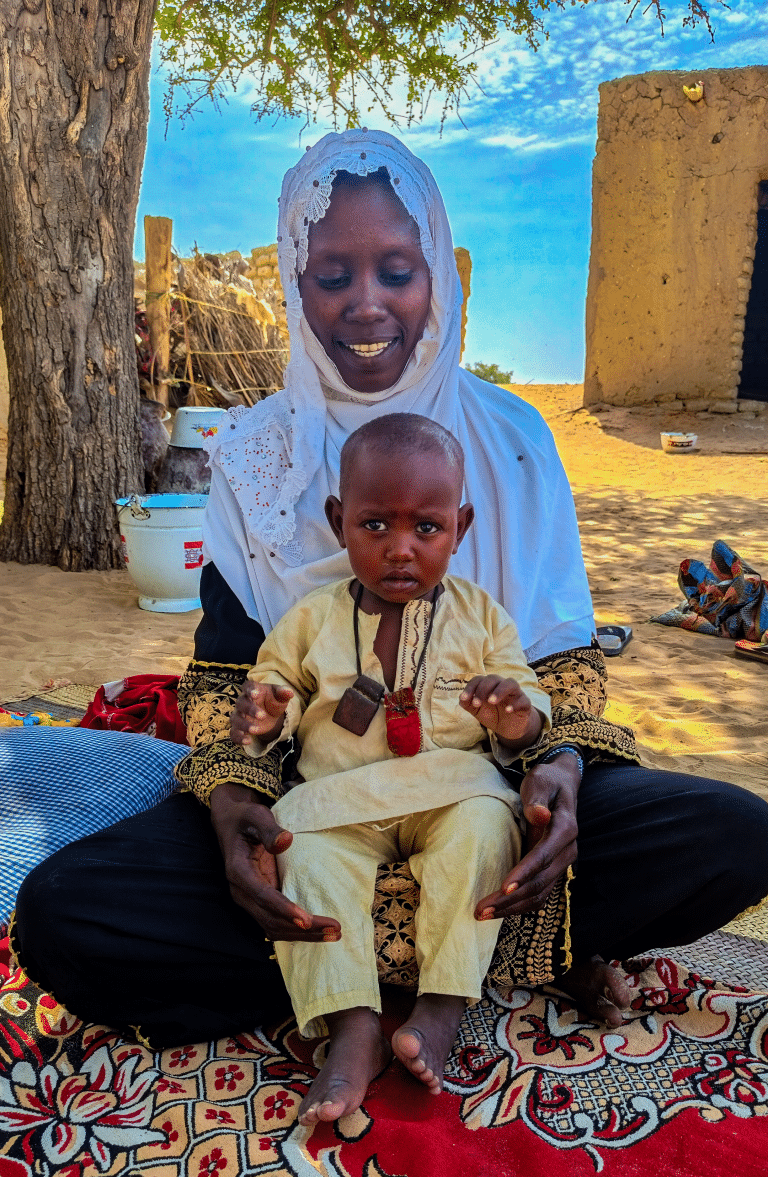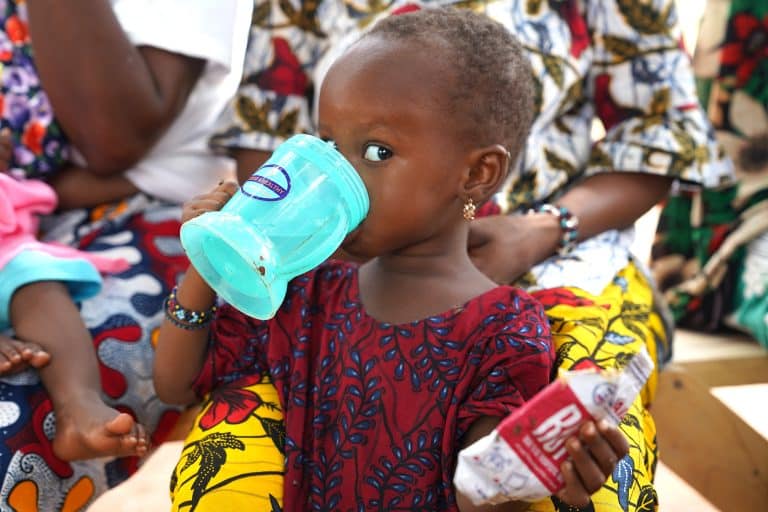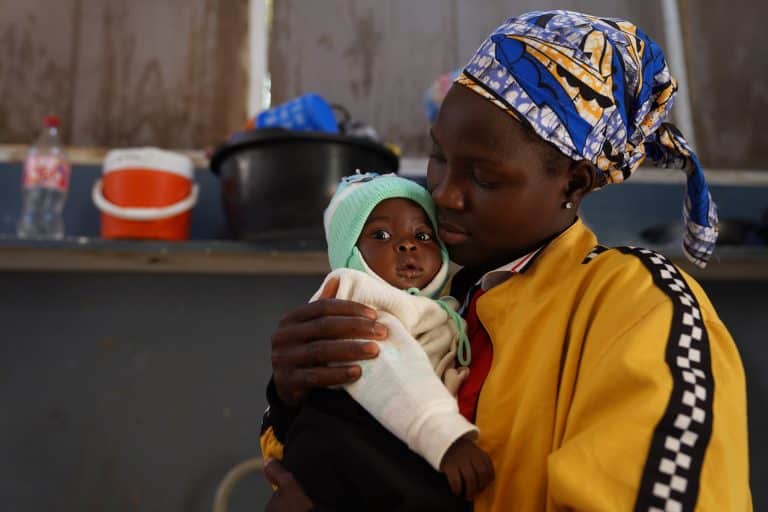In a national context marked by the COVID-19 pandemic, ALIMA (The Alliance for International Medical Action) and its local NGO partners, SOS Médecins-Burkina Faso and Keoogo, decided to strengthen health care services for the elderly by supporting the CNPA infirmary.
Between September 2020 and March 2021, thanks to the financial support of the Agence Française de Développement (AFD), the ALIMA/SOS Médecins-BF/Keeogo consortium and the CNPA offered free consultations, care and treatment to patients over 50 years of age, as well as psychosocial support and awareness-raising activities for the elderly.
This support, in addition to improving access to care for the elderly, also contributed to the prevention and control of COVID-19 transmission in the community, as well as the early detection and care of suspected and confirmed cases.
“The role that we play here is quite essential because we see that the elderly often feel neglected – they do not feel heard in their families or in the community,” says Alimatou Sondé, a psychologist at the center. “Many suffer from psychosomatic disorders, which often lead to anxiety, post-traumatic stress and depression.”
Many patients at the center, for example, suffer from chronic hypertension, due to stress caused by family burdens. This is why the ALIMA/SOS Médecins-BF/Keeogo consortium created ‘listening spaces’ within the infimry, to allow for more personalised and humanized care. These individual and group discussions allow seniors to express their concerns.
“By nature, people need to be heard,” says Malick Ahmed Traoré, a CNPA nurse. “There are hospitals near their home, but in the ordinary hospital, there is no time to come and talk. Here, we try to listen to the patient, to welcome him or her so that they feel comfortable. That is why we see many people who leave their province and travel far distances to come here.”
Based on their physical and psychological assessments, patients are referred to a medical doctor, therapist, or both.
Twice a month, the CNPA also invites patients to attend awareness-raising seminars, on topics such as hygiene, nutrition and disease prevention measures. These seminars are tailored to the pathologies that commonly afflict the elderly. Health workers also provide advice to family members – particularly their children – on how they should care for their parents to keep them healthy.
“The advice we give does a lot of good because it is said that prevention is better than cure,” explains Boukary Maiga, External Activities Manager for the CNPA. “We often talk about the health of young mothers and children, but no one talks about the vulnerability of the elderly, even though everyone is called upon to grow old. We provide care, but we also raise awareness, because it is important to know how to avoid getting sick.”
In addition to the services offered at the center, staff also regularly make visits to local communities.
“These services,” Boukary says, “both within the CNPA and in the communities, really bring a smile to the elderly.”
Elie Nana, age 73, who is one of 4,040 patients who beniteffed from care at the CNPA in 2020, says:
“Words cannot express my gratitude to the workers at the CNPA. I tried many times to treat my vision problems, and since coming here, my vision is finally improving. For me, the awareness sessions are extremely important because they give us such good advice. The health workers take good care of us.”
Cover photo: © Olympia de Maismont / ALIMA





